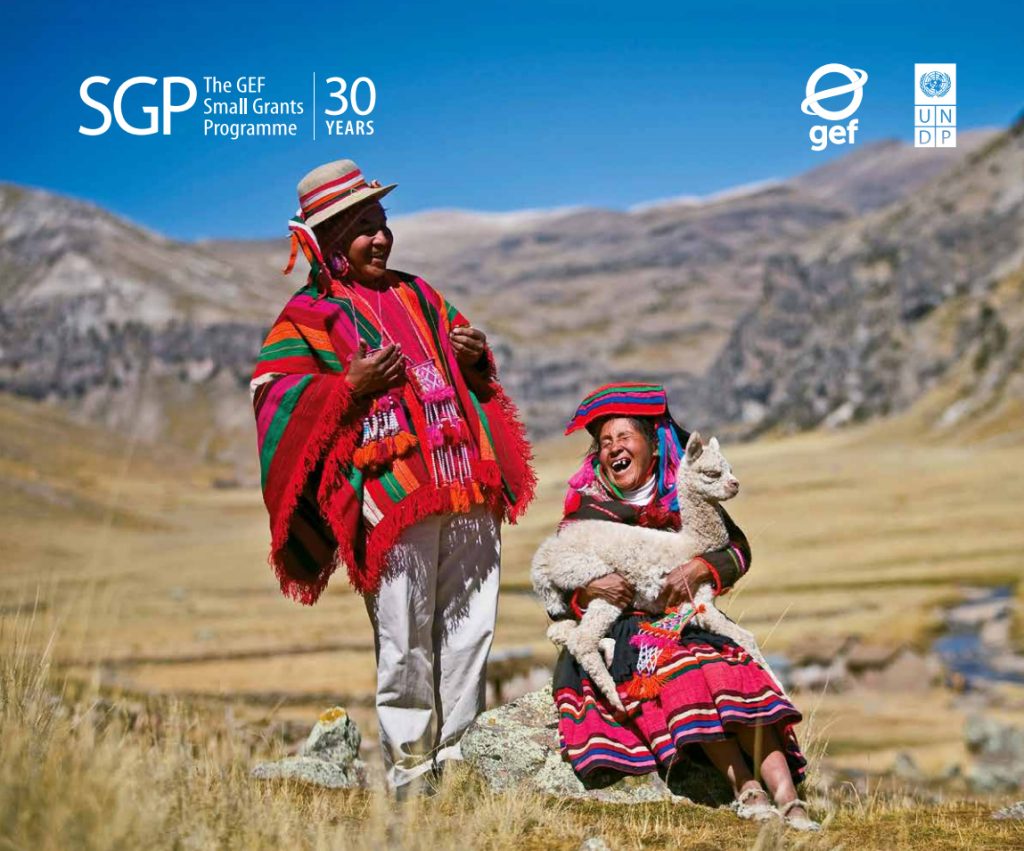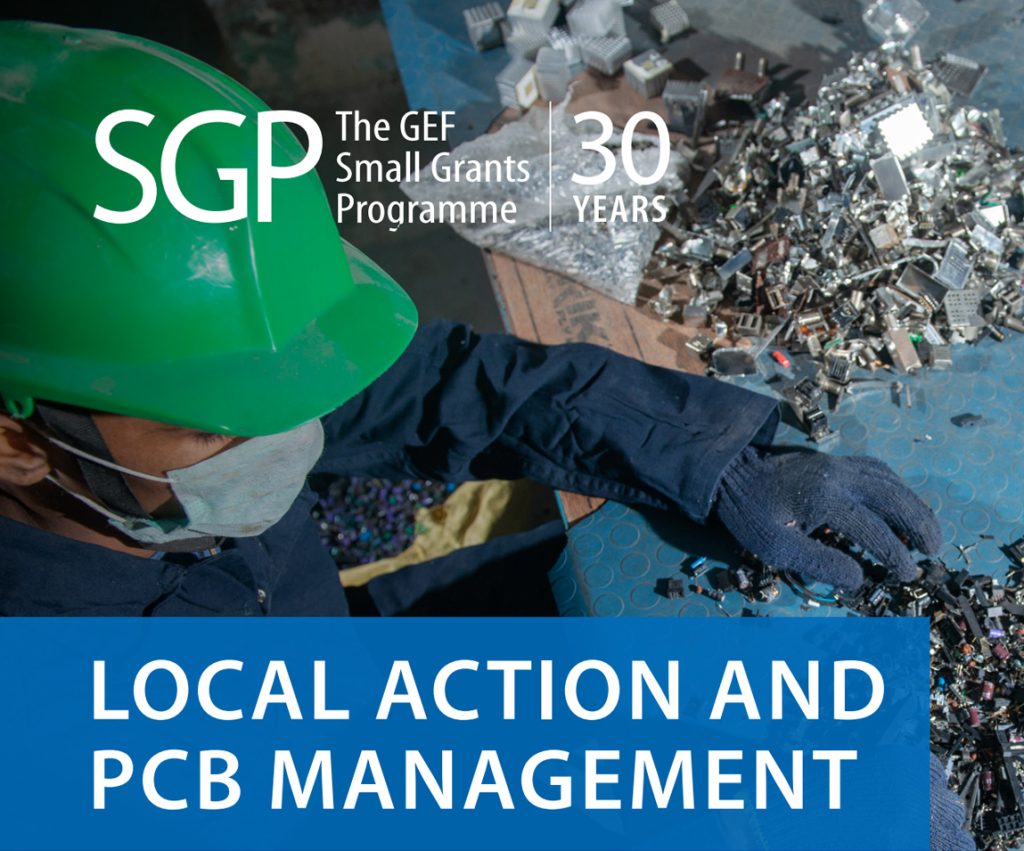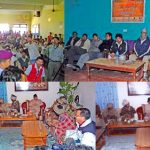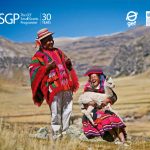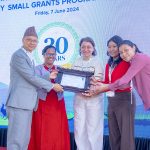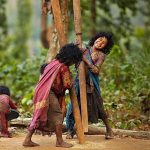
About SGP
GEF-SGP embodies the very essence of sustainable development. By providing financial and technical support to projects in developing countries that conserve and restore the natural world while enhancing the well-being and livelihoods of the people, SGP demonstrates that community action can maintain the fine balance between human needs and environmental imperatives. SGP links global, national and local level issues through a transparent, participatory and country driven approach to project planning, designing and implementation. Grants are made available directly to the non governmental organisations (NGOs) and community based organisations (CBOs) in recognition of the key facilitatory role they play as a resource and constituency for environment and development concerns.
Commemorating 30 years of Global Environment Facility Small Grants Programmme (GEF SGP) in Nepal
Here are some published news and videos of the event.
Published News
Videos
SPOTLIGHT
COMDEKS Nepal BASELINE 2012
SGP OP5 country strategy
COMDEKS Nepal BASELINE 2012Country Programme Strategy of Nepal
OP6 Innovation Programme IPs Access to Energy
Generic Project Proposal Form
GEF SGP OP6 National Indigenous Fellowship Application Form 2018
Proposal Summary Form
Proposal Summary Form
CPS for Operation Phase 6
GEF-SGP Baseline Assessment Report for OP6
VDCs-in-SGP Landscapes
TOR for Country Programme Strategy (2015-2018) Preparation
Every Drops Matters Guidelines
LATEST PUBLICATIONS/REPORTS/NEWS ARTICLES
New Articles
Satoyama Initiatives
Innovation Prorgamme on IPs' access to Energy
Quick Information
What does SGP do?
SGP embodies the very essence of sustainable development. SGP channels financial and technical support directly to NGOs and CBOs for activities that conserve and restore the environment while enhancing people’s well-being and livelihoods.
How does SGP work?
SGP is rooted in the belief that global environmental problems can best be addressed if local people are involved and there are direct community benefits and ownership. SGP is convinced that with small amounts of funding, members of local communities can undertake activities that will make a significant difference in their lives and environments, with global benefits, in contrast with top-down, expert-reliant development interventions.
Links to Global Conventions
- CBD – United Nations Convention on Biological Diversity
- CCD – United Nations Convention to Combat Desertification
- UNFCCC – United Nations Framework Convention on Climate Change
- POPs – Stockholm Convention on Persistent Organic Pollutants
- Ramsar – The Ramsar Convention on Wetlands
- WHS – The World Heritage Convention
- CITES – Convention on International Trade in Endangered Species of Wild Fauna and Flora
Tips for the project proponents
- Identify and quantify project’s global benefits
- Pay sufficient attention to the on- going baseline activities and raise significant co-financing to bolster the baseline where needed.
- Identify the root causes of the problem and logical sequence of activities to address these causes at the source.
- Establish direct linkage between the project and GEF focal areas
- Develop clear project communication and outreach strategy
- Include adequate provisions for monitoring and evaluation
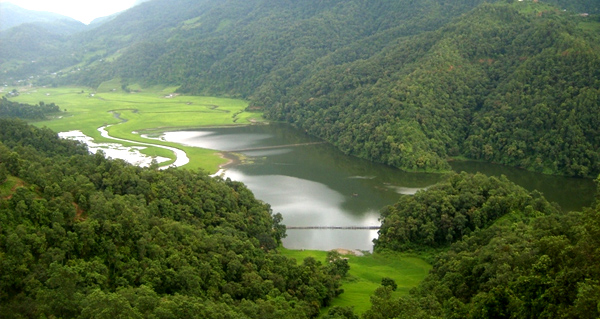
Rautes’ visit capital to ensure their nomadic rights
Local Initiative for Biodiversity Research and Development (LIBIRD) Focal Area: Biodiversity Grantee: Local Initiative for Biodiversity Research and Development (LIBIRD)

My family will not have to die of hunger …”
Grantee: Nature and Human Development Centre (NHDC), Bara Project No: NEP/OP3/2/07/03 Project Location:Purniya VDC, Bara District


